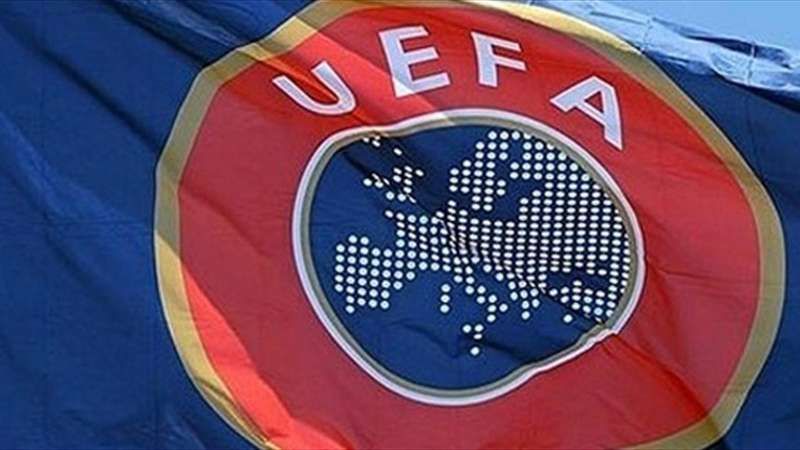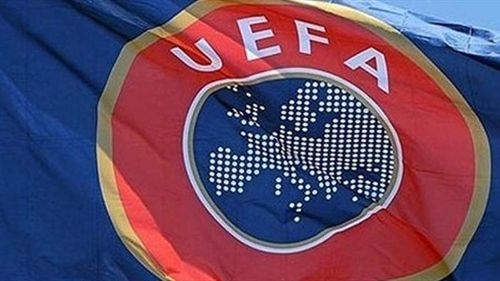
UEFA announce new tournament titled UEFA Nations League

What’s the Story?
UEFA has announced a new international tournament titled UEFA Nations League that is set to kick off in 2018. The European governing body has been in discussions and reviews for years now in order to improve the quality of international games being played and this tournament is believed to be the brainchild of their current president Michel Platini.
With a number of fans and pundits complaining about the lack of quality stemming from the international games being played and about meaningless friendlies that bear no direct consequences apart from a few days of pride, the new tournament is expected to improve the general quality of the international games amongst associated nations.
In case you didn’t know...
The discussion with regards to the new tournament began as early as in 2011 during the UEFA strategy meeting in Cyprus. That was followed by a series of Top Executive Programme (TEP) as well as UEFA National Team Competitions committee over the course of the next 5 years apart from the UEFA General Secretaries meeting in Stockholm in 2013 and the UEFA strategy meeting in 2014.
The result has finally materialised with the governing body coming up with a different format that is expected to bring back the excitement associated with international football.
The heart of the matter
So with the announcement of the tournament, it is important we understand how it functions.
The tournament will be contested by 55 nations, with each of them competing under 4 leagues (A, B, C and D). The teams will be split based on their UEFA rankings in November 2017, post the 2018 World Cup qualifiers. While the Group A will include the top ranked teams, the group D will constitute of the lowest ranked teams.
Further, League A and B will have 4 groups of 3 teams each, the League C will have one group of 3 teams and 3 other of 4 teams each. League D, meanwhile, will be entirely made up of 4 groups of 4 teams each. And these group matches will be played over 6 match days in September, October, and November.
Thereafter, the winners of the 4 groups in the League A would advance to the knockout stage, expected to take place in June 2019. To add further impetus for teams to perform, the lowest ranked teams from group A, B and C will be relegated at the end of the league stages while top 4 teams from League B, C and D will be promoted to the league above.
What next?
Expected to kick off in late 2017, this tournament follows a unique format and is also expected to affect the qualifications for Euro 2020.
While the normal qualification process will be followed, each of the leagues will be afforded 4 playoff spots. However, if the winner of a group has already qualified for the tournament, the next best teams gets into the playoffs. Those 16 teams will then be divided into 4 groups, with the winners of each group going on to play in a knock-out format and the winner eventually landing a place in the European Championships.
Sportskeeda’s take
While UEFA would have us bubbling with excitement and even have gone on to claim that, the UEFA Nations League will create more meaningful and competitive matches for teams and a dedicated calendar and structure for national team football, we are a little apprehensive about the burnout resulting from the tournament.
Despite the tournament being scheduled in alternative years, when there is no Euros or World Cup, it is definitely going to only further congest the footballing calendar. Additionally, with tournament panned over almost 2 years and sporadically so, it would not generate the kind of excitement that UEFA expects it to.